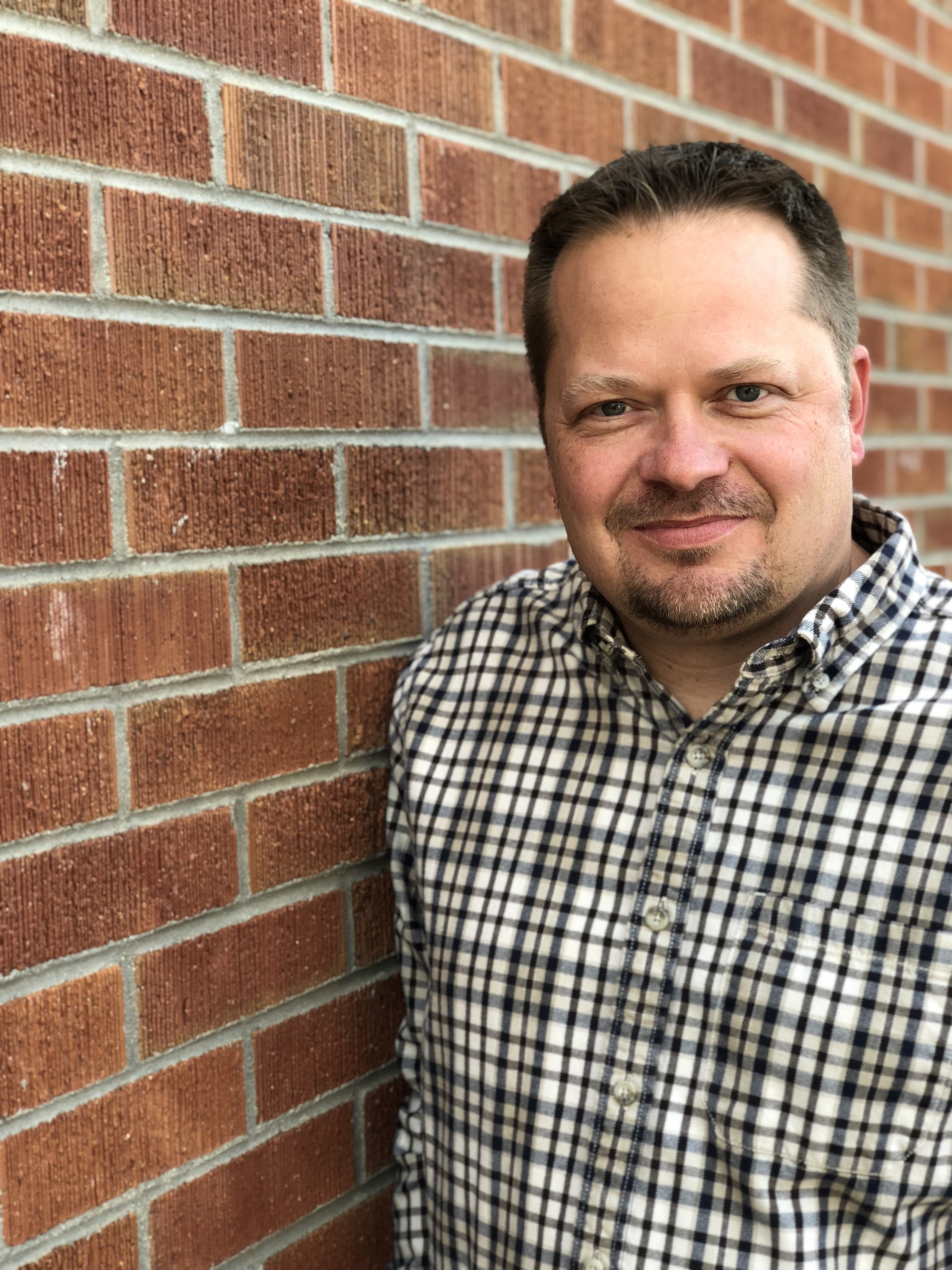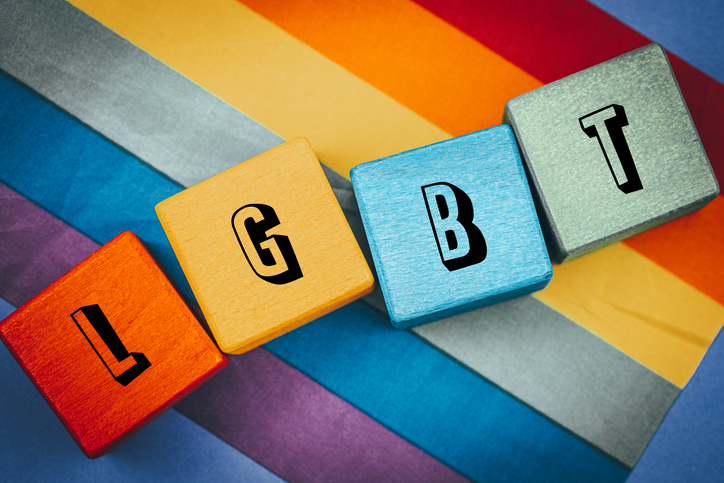We have spent the past few articles talking about WGA and its place within conversations about sexuality and faith, in particular the use of identity labels and the like (see Scott and Mary’s recent blogs). I wanted to offer some of my musings and personal journey with the use of identity labels, with regards to sexuality.
I’m not a big fan of sexual/gender identity labels for myself. I can see how they serve a purpose: to identify oneself to others, to acknowledge what seems to be true of one’s experience, to move away from denial and into truth. Maybe the problem for me is that I have yet to find a label that really fits me or doesn’t seem somehow limiting to my growth.
When I was a child, I knew early on that something was different about me. It wasn’t until I was a teenager and began to experience same-sex attractions that I wondered if what people said about me was true. Am I gay? I grew up in church, where it seemed clear that homosexuality was not okay. I wasn’t choosing to have the feelings that I had, so how was I responsible for this? As I continued to grow into adulthood, I realized this was not simply a phase that I would grow out of. Maybe I was gay.
Being gay and Christian seemed contradictory to me. It wasn’t until I came to Where Grace Abounds in the mid-1990’s that I began to have more understanding that I could struggle with homosexuality and be a Christian. I didn’t feel the need to define myself by my struggle. Since that time, the conversation around sexuality and faith has changed considerably.
Gay Christians?
While I’ve been around WGA, there have always been people who identify as gay Christians. I think it means something unique to each person who chooses to use gay Christian as an identity label. For some, it means, “God made me gay. I celebrate that and will pursue a same sex relationship/marriage. I believe Christ died for my sins, but homosexuality is not a sin.” For others, it might be something like, “I am gay, and God loves me just the way I am. I believe Christ died for my sins, and I believe being in a sexual relationship with someone of my same sex would be wrong. Saying I am ‘gay’ is important to me because it acknowledges a truth about myself that I need to acknowledge.” There are many other variations of what being a gay Christian means to individuals.
I won’t go into what I believe to be right or wrong about the two examples of gay Christians above. What is important for this article is to acknowledge why I don’t often use the word ‘gay’ to describe myself. It isn’t necessarily that I think using that word would be wrong. It just doesn’t seem to describe how I view myself.
I am married to a woman. While I continue to experience same-sex attraction, my commitment is to express my sexuality within my marriage and with my wife. Saying I’m gay does not match the rest of my identity as an opposite-sex married man.
Other Identity Options…
Some would call my marriage a Mixed Orientation Marriage (one partner attracted to the same-sex, the other opposite-sex attracted). While I can see why this label has its uses (like identifying which workshops might be interesting to me at a conference), I don’t introduce myself as being in a Mixed Orientation Marriage because that label doesn’t really describe how I view myself either. There are challenges that my wife and I face that are, in part, due to being differently attracted. I just don’t like the label. It is helpful to acknowledge the uniqueness of my relationship, but it is also limiting and setting our marriage apart from others somehow in a way that I don’t like.
I should also state that I do not use “straight” or “heterosexual” as descriptors for myself. I am in a heterosexual marriage with my wife, but I don’t really think “straight” fits either. Maybe “bisexual” would be the closest descriptor? I experience attractions to men and women, but I am not pursuing sexual relationships with men and women. So that one doesn’t seem to fit either.
Let me pause here to acknowledge that identities such as gay or bisexual are not solely about how one expresses their sexuality. Being gay or bisexual or straight is about much more that what one does with their genitals. It speaks to whom and how one expresses love and affection when choosing a partner(s). This may include sexual expression. For myself, all the identity label options before me have seemed a poor fit or somehow dishonest. I recognize that many adopt a label for themselves because it feels like a move towards honesty. Maybe I am too much of a perfectionist to identify as something that doesn’t fully fit how I view myself.
So what am I?
When it is necessary, I am most likely to describe myself as a Christian who experiences same-sex attraction. If I worked someplace where my “story” wasn’t a part of what I share every day, I wonder how often I would need to describe myself in this way?
These are my thoughts and my experience. I’d love to hear your story!

Roger Jones
Executive Director
Roger began working with WGA in October of 1996 as the Assistant office Manager. Since that time, he has worn many hats and served in several different positions, including Assistant Program Director and Operations Director. In April of 2007, Roger assumed the position of Executive Director.
Roger attended West Texas A&M University, where he studied Music Business. Much of his training has been “on the job,” where he was mentored by the ministry’s Founder, Mary Heathman, and the Program Director, Scott Kingry. He holds a BA from West Texas A&M University.
Roger, his wife Jill, and their daughter Julia and son William, attend Celebration Community Church where Jill serves as Senior Pastor.
Make a Difference in Someone's Life
If you enjoy reading WGA’s blogs and would like to show your support, please consider making a donation. Where Grace Abounds is a 501(c)3 non-profit organization. The majority of services, including support groups and discipleship counseling, are provided free of charge. Your financial gifts help to cover the costs associated with offering a free program to those who seek WGA’s services.

